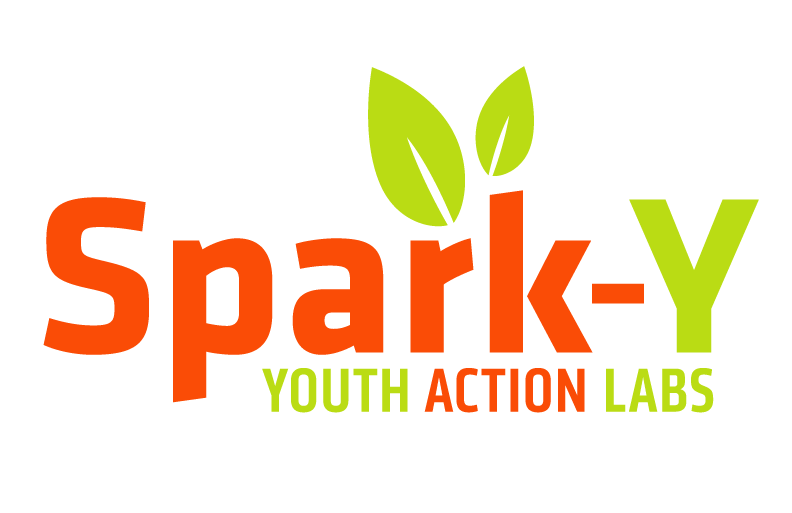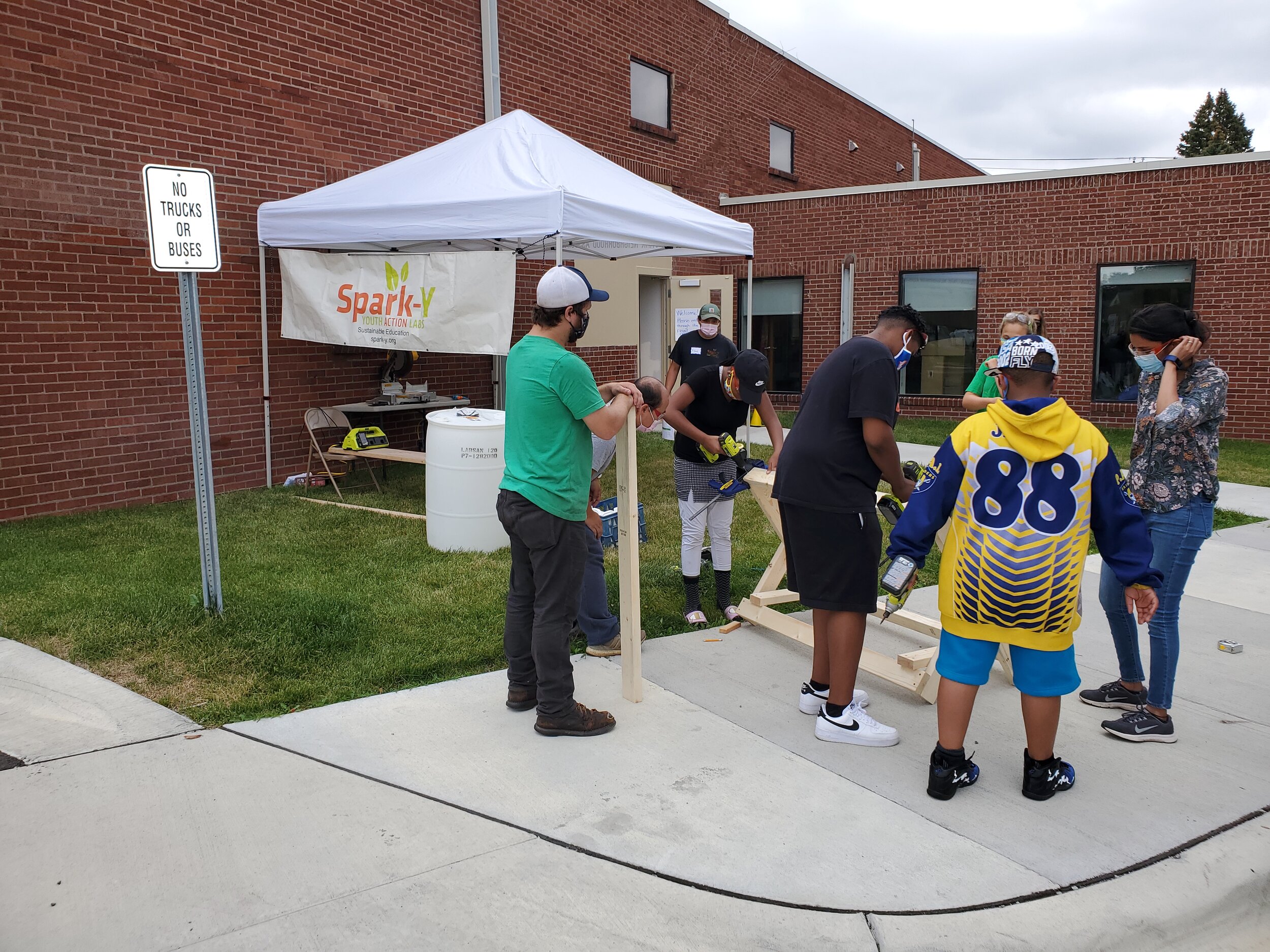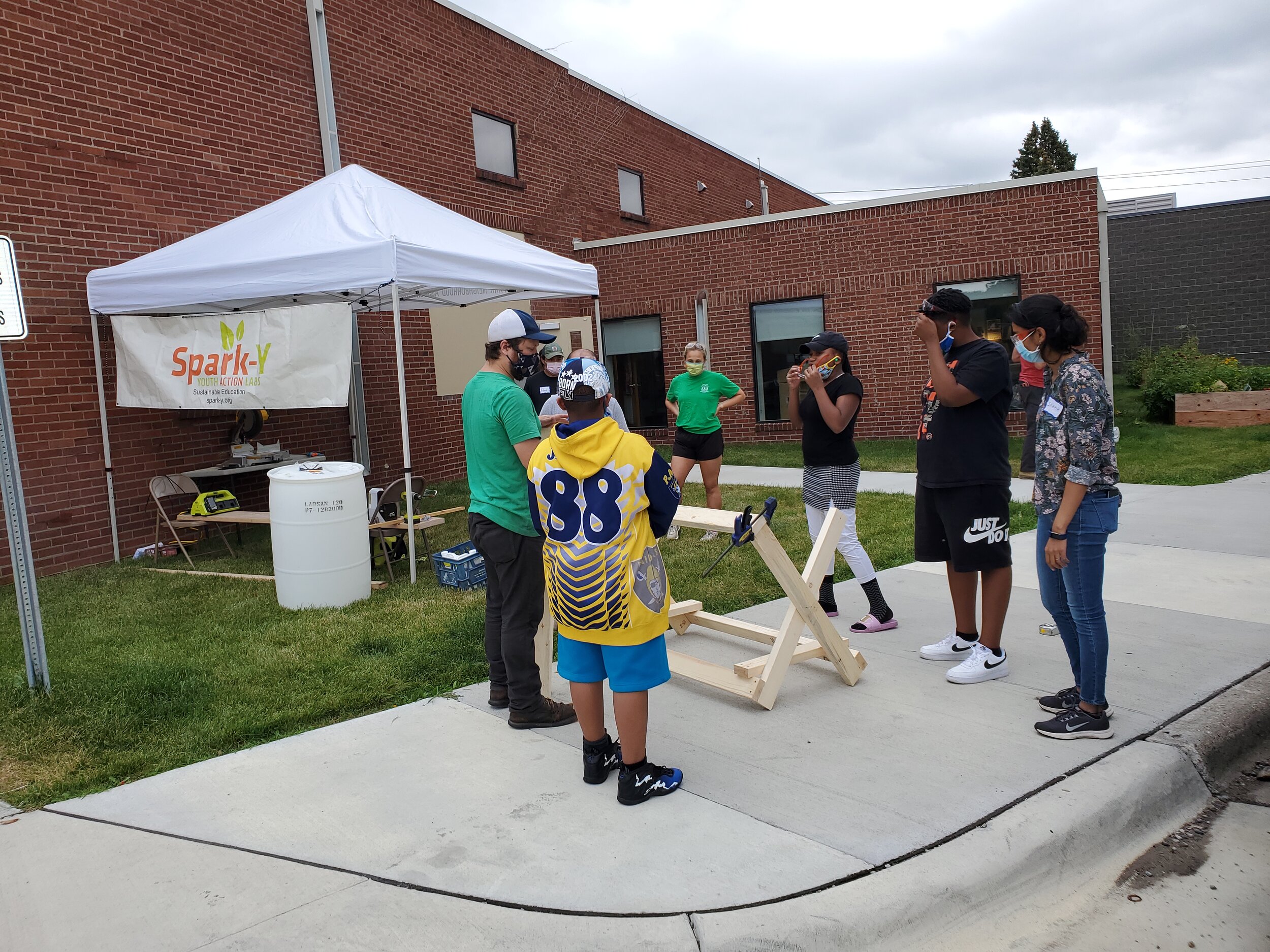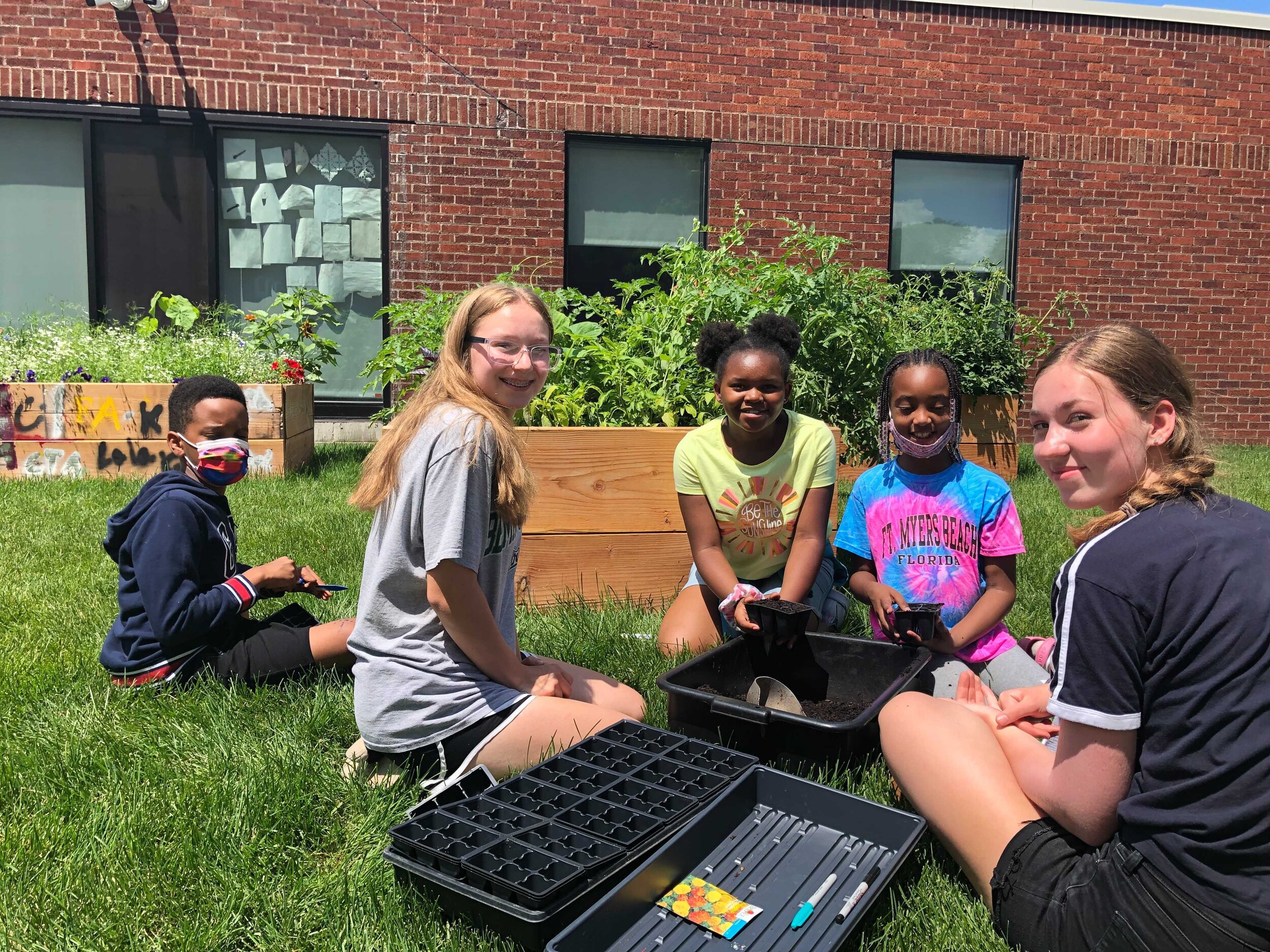About the Spark-Y Right Track+ Internship: The Right Track+ program is a collaboration between Ramsey County, the City of Saint Paul, local employers, and community organizations including Spark-Y. The goal of this program is to provide job training and professional development to unemployed or underemployed young adults experiencing the negative economic impacts of the pandemic for the purpose of assisting them in entering an in-demand career pathway.
Mobile Innovation Lab Curriculum and Lesson Building
Greetings! My name is Caitlyn Hang and I am finishing up my last year of college at the U of MN Twin Cities. My declared major is Biology, Society and the Environment; I am currently considering medical school or graduate school for a Doctorate in cellular and developmental biology. My involvement with Right Track began as an opportunity through a previous apprenticeship with Spark-Y. Under the Right Track program, I assumed the role of building curriculum for various projects; this internship has provided me the platform to further my interest in education and constructing curriculum.
One point of focus during my internship was creating lessons for the Mobile Innovation Lab which is a mobile bus that offers students a hands-on space to learn and build upon their STEM knowledge. Some of the education modules offered on the Mobile Innovation Lab includes drones, 3D printing, basics of Scientific Inquiry, and renewable energy! I had a hand in creating lessons for all these modules. My favorite unit being the basics of Scientific Inquiry; for this module the goal was to build the students’ foundation in scientific methods and encourage them to explore scientific ideas. It was important for me to inspire students to think about how to formulate a scientific question and solve a problem. As a result, I created a lesson that directed students to determine the most common fingerprint pattern amongst the group of students they worked alongside with. The lesson prompted students to form a hypothesis and carry out an experiment to determine the answer to the question. All the work that I do for Spark-Y is carried out from home behind the scenes therefore unfortunately, I was unable to join students the day of this lesson; however, I did hear that it was successful and that students enjoyed the activity!
This activity stood out to me because it embodies the importance of wonder. It is imperative that society fosters a learning environment where students are encouraged to question and to explore. The Mobile Innovation Lab benefits the city in many ways, but most prominently the Mobile Innovation Lab invests in the community by educating and empowering their students in ways that otherwise may not have been possible for them. It has been a great privilege to contribute to the work carried out by Spark-Y and to help empower young students. I hope that the community continues to support outreach work done by Spark-Y!






















